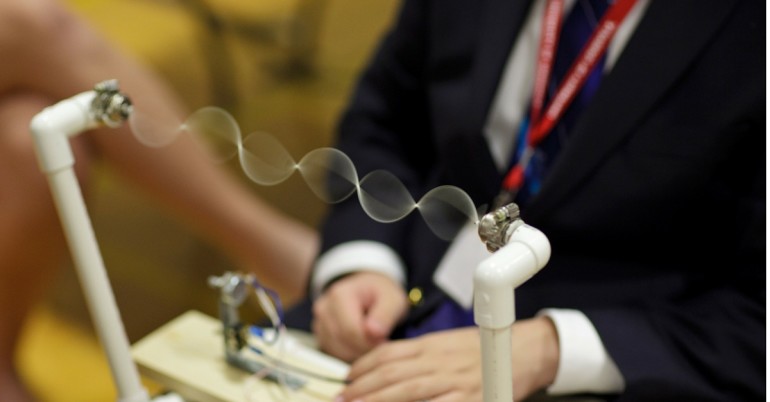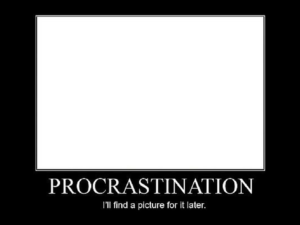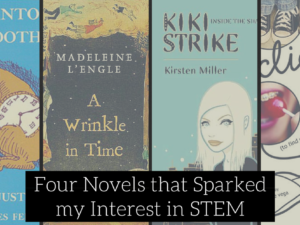
Going into my freshman year of college, I’m left with the retrospective of my four high school years. I think back to all of the classes I’ve taken, projects I’ve completed, and knowledge I’ve gleaned, and a lot of it blurs together. The blur of my high school experience, however, is sharply punctuated by my science fair projects, and the great undertaking that comes along with them. Through these experiences, I’ve gained some valuable skills: organization, execution, and leadership, to name a few. My science fair career is over now, but I hope in reading this that inspired high school students may further pursue science fair for all the benefits it provides, especially towards college.
Organization is not something I could claim to have been good at during high school, but there’s no doubt that science fairs pushed me towards very good habits and practices in organization. Science fair is a multi-step process, and in that structure it’s easy to break down a project into working phases. This approach has helped me across the board academically and personally. There are innumerable tasks that students are presented that are very easy once broken down into a few phases, but daunting otherwise. In an AP English class, I was assigned to write a research paper, whose length needed to be 15 pages. When it was assigned, I had no idea how feasible it would be for me to write, until I broke it down into a few phases. I was able to see just how possible it was. First, I needed to conduct my research, find a topic and learning everything I could about it. Then I needed to find sources, papers and articles that were reputable enough for me to cite. Lastly, I just had to write the paper, which was quite fast after having done all my research already. I broke down the actual writing into 2 hour increments which made it easier for me. I’ve been told that I’ll be doing plenty more large scale writing projects in college, but with these tools I don’t feel that I have too much to worry about.
The thing that I really expected to worry about was execution; more specifically, my ability to turn abstract ideas into real experiments. Crossing that boundary is difficult, and it’s something that stops a lot of good research in its tracks. But for science fairs, this is required, so students learn this very quickly. I think just about everyone has plenty of inspiration for research, but only a subset of those people are good at the experimental design to bring that into reality. One of the causes I’ve seen for this is that many students feel that to research something that interests them, they would need more than the resources available to them. Some quick outreach, however, can result in access to all sorts of assets. In science fairs, this can be done very well through finding a good mentor. Firm and university research teams will very often take on high school students to do small projects related to their research, which comes with access to massive amounts of data and ways to collect it. It cannot be stressed enough how important this is for a project; almost all of the most competitive projects operate through a mentor. Moving forward, I can see myself using these skills a lot outside of science fairs. Execution will be a useful skill in any project, and the ability to seek out resources and assistance has an endless list of applications.
If I could go back and redo my years of high school, there would no doubt be things that I would do differently, but my participation in the science fair program would not change. I’ve had so many exciting, rewarding, and learning experiences that way, through which I’ve grown academically and personally. Science fairs are not easy, but it is by all means an experience that everyone should try out, given the opportunity.







